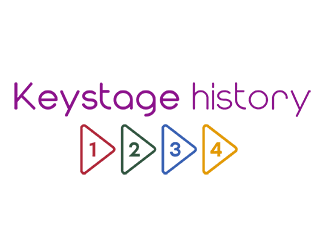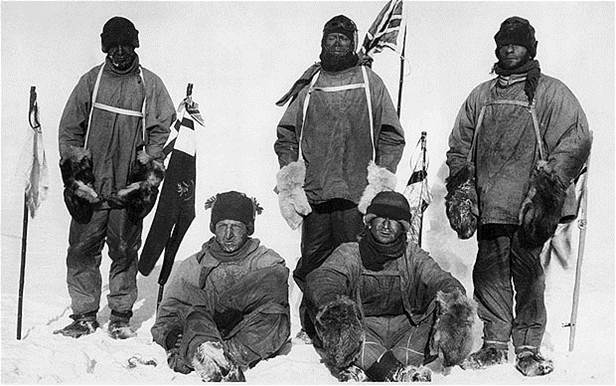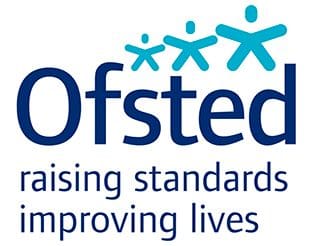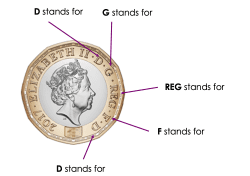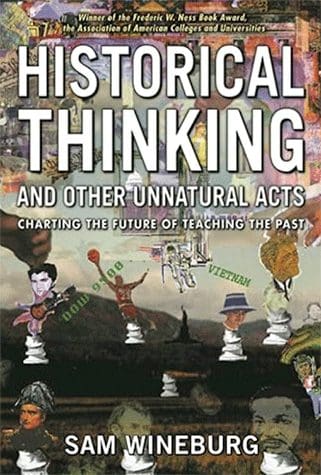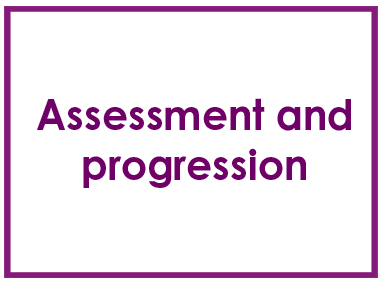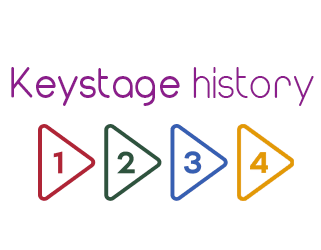
When so much time has been spent on measuring pupils’ progress in KS3 using spurious data derived from blunt assessment tools, it is now time to place the emphasis where it should be focused- on helping pupils to aspire to better historical understanding. This is miles away from where we are- namely getting to the next ‘level’ as if it were a simple step you could take in your stride. So let’s say it how it is. KS3 assessment in history NEVER worked- not ever in its inglorious 22 year life span. A whole generation of history teachers brought up to worship false gods now need to be re-educated into system that they have secretly yearned but became tied into the formulaic system, just as GCSE tendentious hierarchies have hardened into the misguided orthodoxy of levels of response mark schemes.
At A level it is no better. Only last week Ofqual laid down the law with OCR’s A level marking, holding them to account for the erratic and inaccurate marking of history and English scripts. Its all the fault of these wretched mark schemes which fail to show the depth of contextual knowledge required. It would be unfair to say it was ‘ticking boxes’ but placing these poorly conceived markschemes in the nerveless hands of inexperienced examiners who have rarely , or sometimes never, taught the topic before is just asking for so much trouble.
So, the plea goes out to all involved. Can we please ensure improved and coherent assessment in history at all key stages. The introduction of the concepts of ‘modes’ of explanation into some A level specification as an antidote to the crude and highly suspect hoop jumping at GCSE is just another example of how the 3 key stages are not linked. You teach interpretations at KS2 and 3 and even at KS1 only for it to appear as a mere walk-on part at GCSE and AS. At A2 it suddenly commands centre stage. Not surprisingly it comes as quite a culture shock to many students. The same will now be true of individual assignments, soon to be ousted as Controlled Assessment from GCSE but retained at A level. Its all so disjointed.
Here is our chance with curriculum changes at all key stages falling within a 2 year span to all jump together and get it right for once. Not just for the PBI of history teachers who have to read examiners’ minds, but for the pupils and students who deserve something, at last, that is genuinely ‘fit for purpose’ and can be used to help them know how to get better at history.

